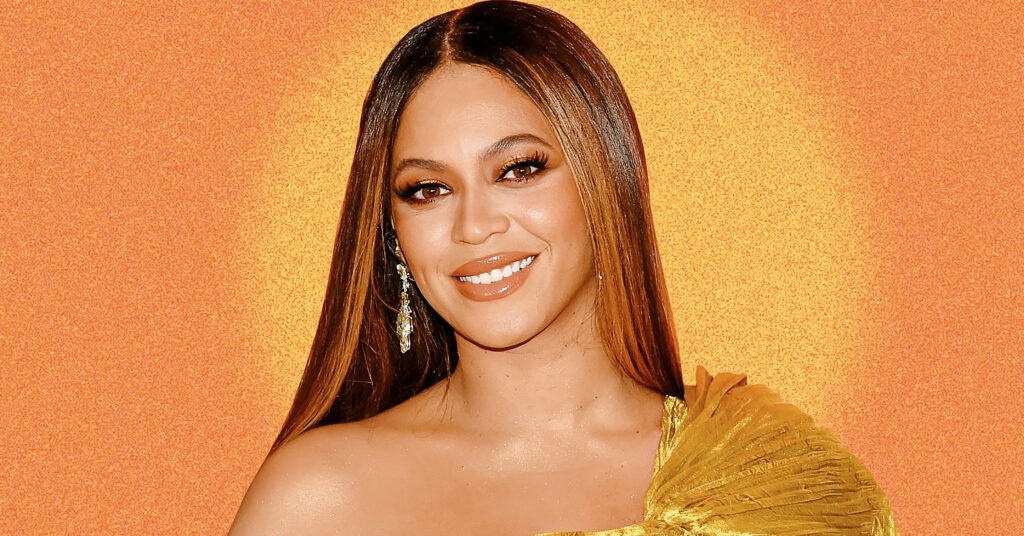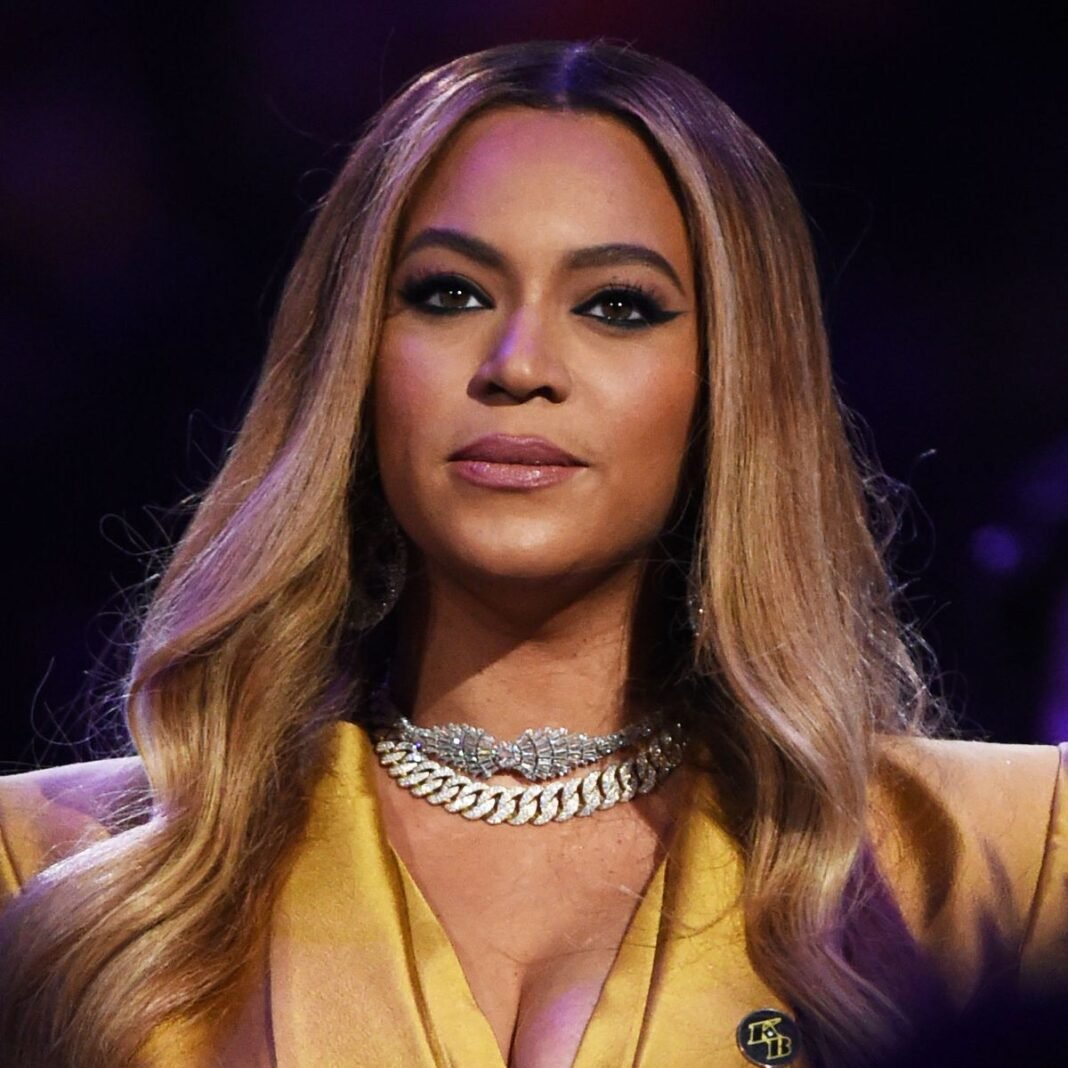From Destiny’s Child to reigning queen of the music industry, Beyoncé’s journey to becoming a pop culture phenomenon is a testament to talent, resilience, and an unyielding commitment to her craft. Over the years, she has not only dominated the charts but has also left an indelible mark on fashion, activism, and the very essence of modern entertainment.
Beyoncé’s rise to fame began in the late ’90s as the lead singer of Destiny’s Child, a girl group that quickly rose to prominence with hits like “Say My Name” and “Survivor.” Even at a young age, Beyoncé showcased a commanding stage presence and a voice that resonated with audiences, hinting at the superstar she would become.

As Destiny’s Child solidified its place in the music industry, Beyoncé’s solo career took flight with the release of her debut album, “Dangerously In Love,” in 2003. The album not only showcased her vocal prowess but also introduced the world to her distinctive blend of R&B, pop, and hip-hop influences. The infectious single “Crazy in Love” featuring Jay-Z became an anthem, propelling Beyoncé into solo stardom.
Beyoncé’s impact, however, extends beyond the realm of music. She has emerged as a force in the fashion industry, known for her trendsetting style and ability to seamlessly blend high fashion with streetwear. From her iconic looks in music videos to her boundary-pushing red carpet appearances, Beyoncé’s influence on fashion is as significant as her impact on the charts.
Beyonce A Public Figure
Beyond entertainment and fashion, Beyoncé has become a prominent figure in activism and philanthropy. Her unwavering commitment to social justice is evident in her support for causes like Black Lives Matter and gender equality. The visual album “Lemonade,” released in 2016, stands as a powerful testament to her advocacy for Black culture and the experiences of Black women.
Beyoncé’s influence is not confined to one aspect of popular culture; it permeates every facet. Her performances are not just spectacles; they are cultural events that command attention and spark conversations. The surprise release of her self-titled album in 2013, accompanied by visually stunning music videos for each track, marked a shift in how artists engage with their audiences, emphasizing the power of visual storytelling in the digital age.
Her performance at the 2018 Coachella Valley Music and Arts Festival, commonly known as Beychella, was a groundbreaking moment in live entertainment. Beyoncé became the first Black woman to headline the festival, delivering a historic and visually stunning set that celebrated Black culture, education, and excellence.
Beyoncé’s ability to seamlessly transition between genres, from pop and R&B to country and rock, showcases her versatility as an artist. Her collaborations with artists from diverse backgrounds, such as Ed Sheeran, Shakira, and Coldplay, further demonstrate her capacity to transcend musical boundaries and appeal to a global audience.
As a businesswoman, Beyoncé has successfully built an empire. From her fashion line Ivy Park to her partnership with Pepsi and investments in tech startups, she has leveraged her brand to venture into various industries. This business acumen, coupled with her artistic brilliance, has solidified her status not just as a musician but as a cultural entrepreneur.
In a world where celebrity culture often falters, Beyoncé remains an enigma. Her ability to stay private while maintaining a public presence adds to her allure. The carefully curated glimpses into her personal life, shared on her terms, have heightened the intrigue surrounding the woman behind the music.
Beyoncé’s cultural significance extends beyond accolades and record sales. She has become a symbol of empowerment, breaking barriers for women, especially women of color, in an industry that has often been criticized for its lack of diversity and inclusion. Her influence is not just about hits on the charts; it’s about reshaping narratives and challenging norms.
In the ever-evolving landscape of pop culture, Beyoncé stands as a beacon of creativity, resilience, and empowerment. Her journey from Destiny’s Child to global icon is a narrative of triumph against adversity, a testament to the transformative power of art, and a reminder that true cultural phenomena are not merely products of their time but architects of it. Beyoncé’s impact is not confined to a specific era; it transcends generations, ensuring her place in the pantheon of pop culture for years to come.




